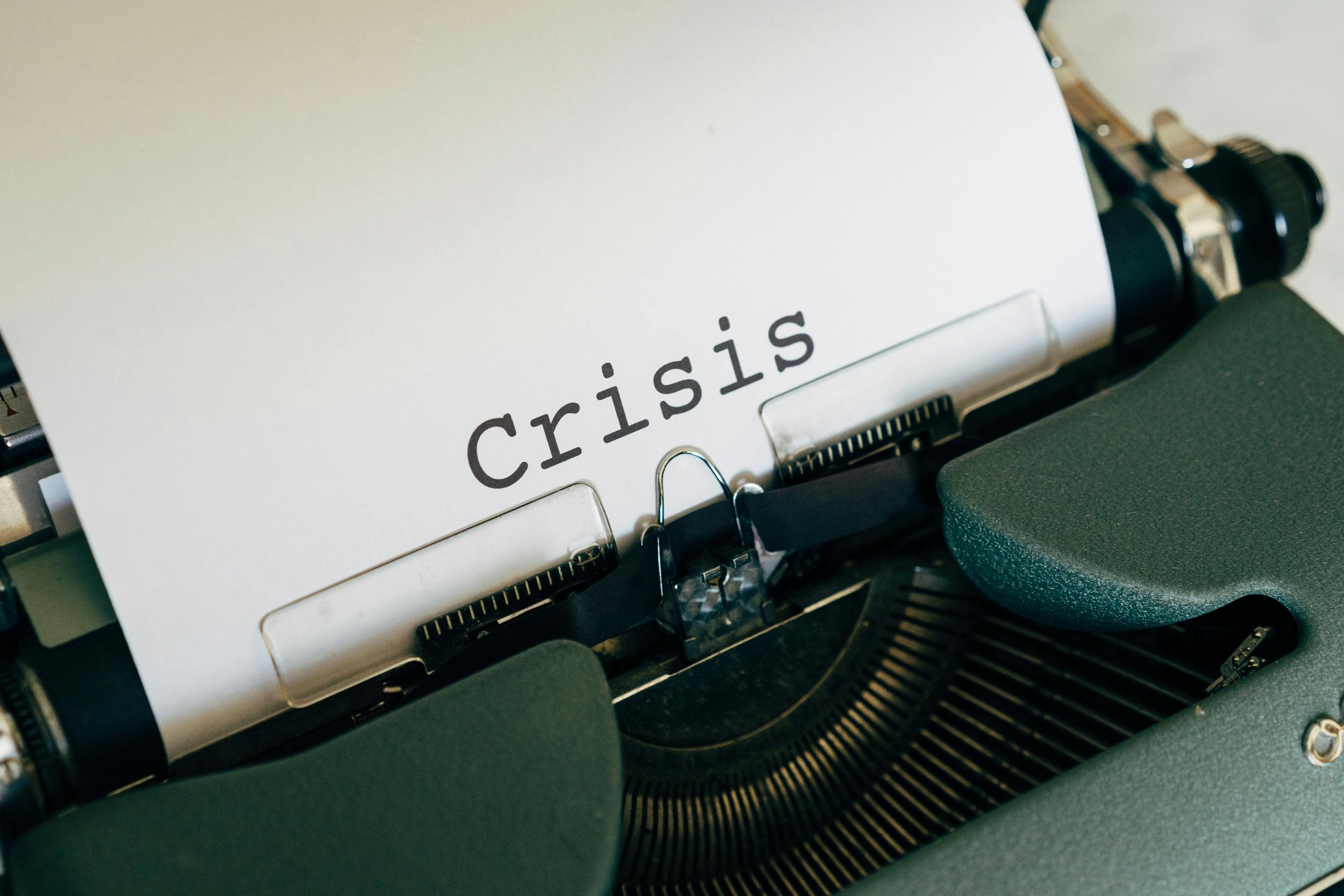
Verification of data is crucial in research. To promote trust in scientific research, scientific claims should be amenable to scrutiny by other scientists and yield consistent results on repeated testing. Reproducibility in research refers to obtaining the same results or reaching the same conclusions when the original data sets are re-analysed using the same methods. Reproducibility hence provides validity and credibility to the original work and contributes to the reliability of the research outcomes. It helps other researchers build on the existing work. The reproducibility of research also shows that the whole process has been transparent, and biases addressed as far as possible.
Reproducibility crisis in science
In the past several years, there has been a growing debate in the scientific community on the concern of the lack of reproducibility of many published studies. There are various factors attributed to this reproducibility crisis in science. These include lack of access by other scientists to the original study’s raw data sets and methodology, variations in the use of advanced techniques and research materials, limited training of researchers in experimental design leading to inadequate research practices, poor supervision, and pressure to publish groundbreaking results quickly.
With the integration of AI into the scientific research process, it has been found that despite its contribution to research advancement, it has also led to, and is intensifying, the reproducibility crisis in science. This is due to various reproducibility challenges of AI research, as discussed below.
- Lack of transparency: It isn’t easy to find out how AI models make their predictions or reach conclusions. This lack of transparency hinders validating the findings and reproducing the study.
- Bias: If the training data of AI models contain bias and prejudices, these will unintentionally enter the algorithms.
- Complexity: AI’s workings are sensitive to the algorithm code and numerous hyperparameters. Without documentation of the details, it will be challenging to validate and reproduce the results.
- Changes in software and hardware: If constant changes in software and hardware configurations are not documented effectively, there will be inconsistencies in reproducing the results.
- Absence of standardized practices: Reproducibility is also affected where there are no standard practices for aspects like experimental design and reporting.
Mitigating the reproducibility crisis in science
The following is a brief discussion of the best practices that can be adopted to mitigate the reproducibility crisis and ensure the advancement of trusted, credible scientific work.
- Provide detailed methodology: Make sure that a detailed step by step description of the methodology employed is provided such that fellow researchers are able to repeat the research accordingly. Researchers should clearly describe the type of research conducted, the method employed, instruments and materials used, measurements, procedures followed, how the data analysis or statistical analysis was performed, how the results were interpreted, how validity was ensured and how conclusions were drawn.
- Making raw data and its allied software, materials, and other tools available: The raw data and related materials used in a research study must be readily made available to researchers and reviewers. It is advisable to have public database repositories where these can be stored and accessible. Doing this can enable different studies and analyses to be carried out using this data while accelerating and validating the study conclusions and discoveries.
- Provide adequate training to researchers: Researchers must also be trained sustainably and consistently to structure their experiments and efficiently conduct statistical analysis of results. To improve the validity and reproducibility of results, it is vital to strictly align with and be abreast of the latest scientific principles and practices in the field.
- Highlighting failed attempts at reproducibility is important because it helps the research community be aware of failures. Often, such experiments are not published because they are viewed as less important.
- Ensuring inclusion and diversity: Incorporating aspects of inclusion and diversity in the research process greatly enhances reproducibility and significantly reduces bias. Currently, researchers can access various tools and resources to ensure these aspects are given sufficient focus. For example, some of the steps being taken are increasing the pool of peer reviewers, and publishers have to bring about a diverse set of opinions and views. Further, there are resources that employ a gender equality lens to balance various perspectives in the research process.
- Ensuring reproducibility in AI research: Reproducibility in AI research can be achieved by following best practices such as proper and efficient documentation of data and algorithms and promoting transparency through open sharing of code, data, and methodologies with fellow researchers. Reliable and diverse data are also needed for training AI models.
The lack of reproducibility in scientific research has become a growing concern in recent years, and the integration of AI into the research process has further intensified this crisis. However, by adopting best practices, we can mitigate this crisis and advance trusted, credible scientific work.
R Discovery is a literature search and research reading platform that accelerates your research discovery journey by keeping you updated on the latest, most relevant scholarly content. With 250M+ research articles sourced from trusted aggregators like CrossRef, Unpaywall, PubMed, PubMed Central, Open Alex and top publishing houses like Springer Nature, JAMA, IOP, Taylor & Francis, NEJM, BMJ, Karger, SAGE, Emerald Publishing and more, R Discovery puts a world of research at your fingertips.
Try R Discovery Prime FREE for 1 week or upgrade at just US$72 a year to access premium features that let you listen to research on the go, read in your language, collaborate with peers, auto sync with reference managers, and much more. Choose a simpler, smarter way to find and read research – Download the app and start your free 7-day trial today!

